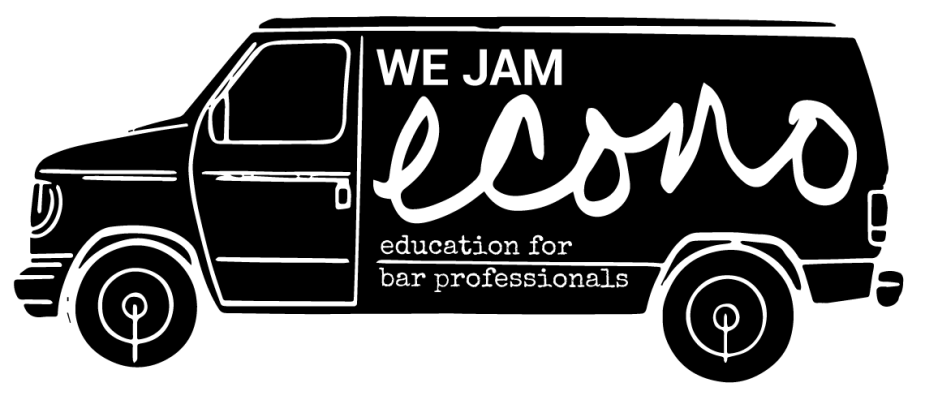Home is a loaded word. For some of us, home is a fondly remembered place where we grew up, where our family still lives and where we know we can always go. For others, home is a complicated place loaded with complicated memories and serious triggers. And, there are many who can’t or don’t recognize a place they call home.
For me, home has always been a flexible concept dictated by the people more than the place. As a kid, my family moved every few years to a new city with a new home, which, for many, might seem like it would make me rootless, make it feel like I didn’t have a home. But, in moving, my family taught me how any place can be home, any place can house support and love.
I recognize that I come from a place of extreme fortune and privilege. My family unit is supportive and strong. We never wanted for anything (particularly when it came to emotional support), and I was (and still am) given more love and care than many experience over the course of entire lifetimes. This unconditional love and support is something I try to bring with me to every discipline in my life — particularly in the consideration and care we put into growing and building communities. And, my sincere hope is that the work we do at Bar Institute (and Camp Runamok, Cane Camp, our daily lives, etc.) is that by bringing everyone together we can lay the foundations for these homes. The simple action of getting together, learning and sharing viewpoints opens up conversations and builds support systems. And, those support systems, ultimately, are what make a house a home.
Structurally, these places already exist. In fact, I’m writing this post from a place I recognize as one of my homes, Bad News Bar. This place, like all of my homes, is a place of warmth and support, friendship and care. All of our hosts for Bar Institute Econo share this common thread. They are all my homes in their respective cities, and I’m so grateful that they exist in this transient, nomadic life I’ve chosen.
But, not all of you live in a van with six of your favorite people (aka our seven week home). Some of you are fortunate to have carved out space that’s yours, a more traditional home, a more traditional community. I challenge you to think about how you can help coalesce and build out your communities to accommodate those who might be struggling with the support systems you enjoy. You already know how to make spaces inviting, how to make people feel welcome and comfortable. Find ways to apply those skills to your bar community. It could be as simple as hosting a game night like our friend Steve Yamada does in New Orleans–making time and space to be together and connect over something other than work, other than alcohol. It could be something more complex like starting and maintaining a thriving USBG chapter in your city. But, the call here is action. You all have the power to impact and build your community, and we hope that our visit to your town is a reminder of that.
So many of you are already doing the work. You’re already successfully building something that matters for the people you’ve chosen as your community. Those actions are not going unnoticed. Know that you’ve provided shelter for people who may not have it otherwise.
The Minutemen song we picked for this leg of the tour is “Storm in my House,” which of course, has very little to do with an actual physical structure. It refers directly to the storms we all find within ourselves and the challenges we face whether they be in taking care of ourselves either in mind or body. And, that’s what we’ve focused on during our educational portion of this tour.
Amie Ward offered up advice and best practices for self care for bartender bodies. She got us up out of our seats and stretched us out, got us thinking about how we move and think about the space we take up behind the bar. These classes were incredibly valuable in starting the conversation about self care and offered real, tactical advice for movement pre- and post-shift.
We also brought in mental health experts from organizations like NAMI and Mental Health America to help identify and demystify mental health issues that are often ignored or swept under the rug. Understanding mental health and taking preventative steps to keep your mind as healthy as your body seems to be the most pressing issue facing the bar community on the whole at the moment. We’ve seen awareness and empathy around mental health mitigate serious problems from overwork, high stress and preexisting conditions.
But, how do we quell the storm in our personal homes? I think the answer is simple: we build a house big enough for all of us–where empathy and understanding meet education and support. You already have the skills and framework to successfully make this space, but now it’s time to get to work.
If you need help, I’m here. The house I built is small, but it’s mobile and it has plenty of room for all of you.

Your post made me cry. I am beyond proud of you. Everyday you amaze me with the love and care you give to everyone with asking for anything but kindness and respect in return. You are far wiser than your years. God has blessed us all with your light and love. Your message is especially poignant today. You do what Jesus did. Love you forever and always.
LikeLiked by 1 person